Section: International
There are more than 60 results, only the first 60 are displayed here.
Become a subscriber for more search results.
-
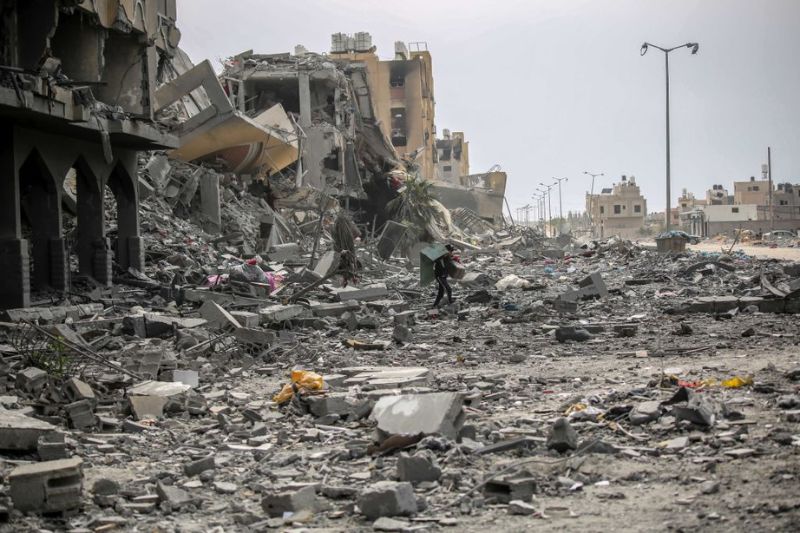
INTERNATIONAL
- Daniel Nellor
- 27 August 2024
8 Comments
Amidst the conflict in Gaza, can ancient moral frameworks guide modern warfare? Nigel Biggar's recent analysis invokes 'Just War Theory', sparking debate on the ethics of Israel's response to Hamas. As casualties rise, questions of proportionality and 'just cause' take on a new significance, challenging leaders and citizens alike to navigate the fraught intersection of security, morality, and human dignity.
READ MORE
-

INTERNATIONAL
- Sarah Klenbort
- 21 August 2024
2 Comments
For a nation ‘conceived in liberty’, much of how this U.S. election will play out will hinge on different understandings of the word ‘freedom’, a term that has two distinct and separate meanings depending on whether the person you’re asking votes red or blue.
READ MORE
-
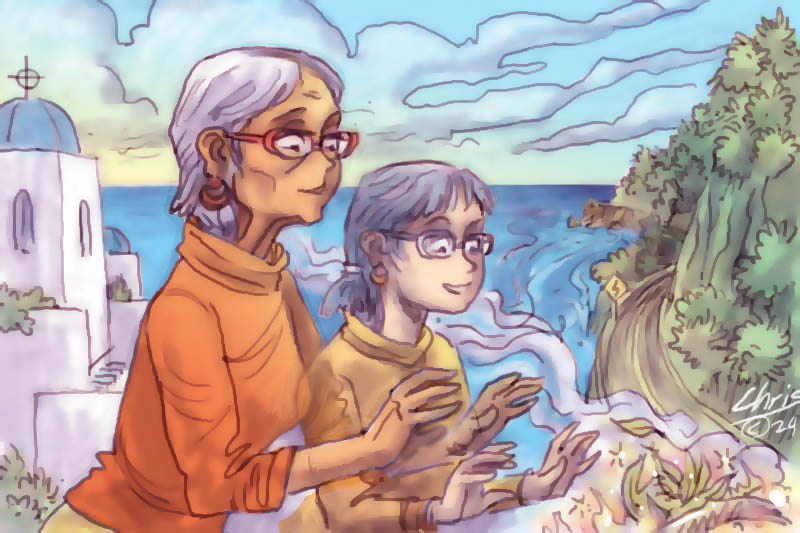
INTERNATIONAL
- Gillian Bouras
- 21 August 2024
6 Comments
In an uncertain world, the one certainty is that of change. Much like David Malouf’s idea that we are all exiles, even those of us who never leave home, for this is the effect that the passing of time has: familiar worlds become strange no matter where we are.
READ MORE
-

INTERNATIONAL
- David Halliday
- 19 August 2024
1 Comment
After a year in court, a U.S. Judge concluded that Google has a monopoly over search and had illegally maintained its monopoly by making massive payments to other companies to be their default search engine. Everyone in tech is quietly watching for what happens next, because how the U.S. Department of Justice treats Google will set the example for the other giants standing astride the world.
READ MORE 
-
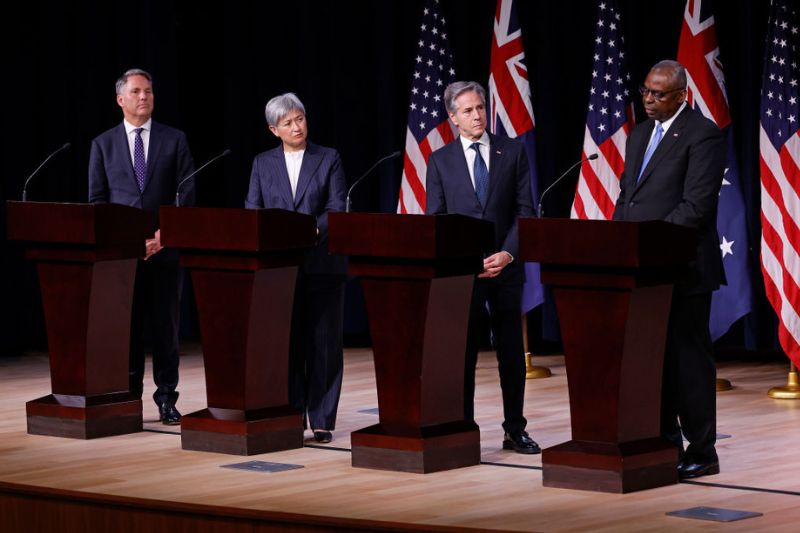
INTERNATIONAL
- Binoy Kampmark
- 15 August 2024
1 Comment
The AUSMIN talks in Annapolis herald a new era of defense cooperation between Australia and the United States, but at what cost? Critics warn of eroded sovereignty and nuclear proliferation risks as Australia embraces its role in America's strategic chess game against China.
READ MORE
-
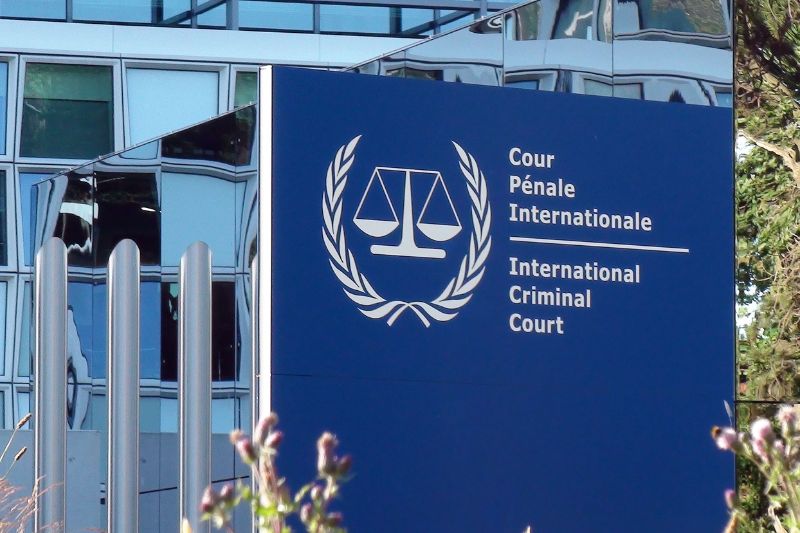
INTERNATIONAL
- Andrew Hamilton
- 08 August 2024
3 Comments
The International Court of Justice (ICJ) recently ruled that Israel’s occupation of Palestinian territories had violated international law by encouraging settlements on occupied land. While the judgment imposes legal obligations, it does not consider how they might be met.
READ MORE
-
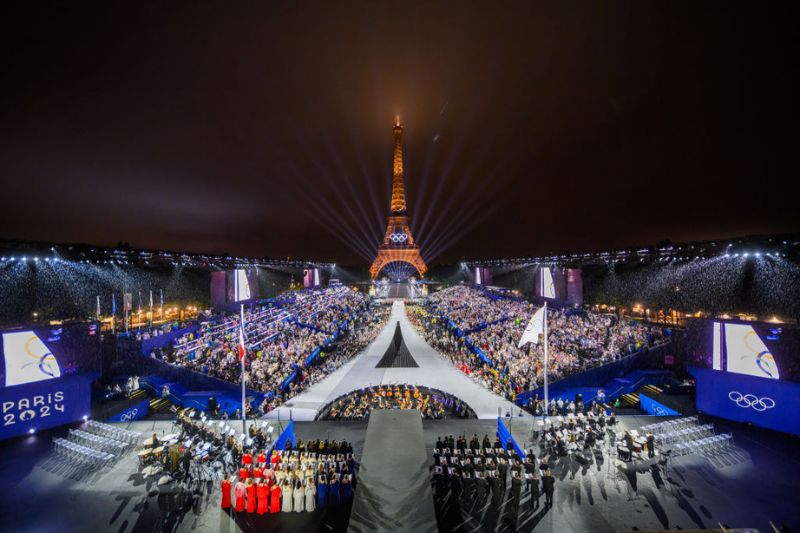
INTERNATIONAL
- Juliette Hughes
- 07 August 2024
You have to admit, the French have form for mocking religion. But with their peculiar take on the Lord's Supper with all its Dionysian excess, the colourfully irreverent opening ceremony left many asking: has Paris 2024 turned the Olympics into a ritual of performative ethics?
READ MORE
-
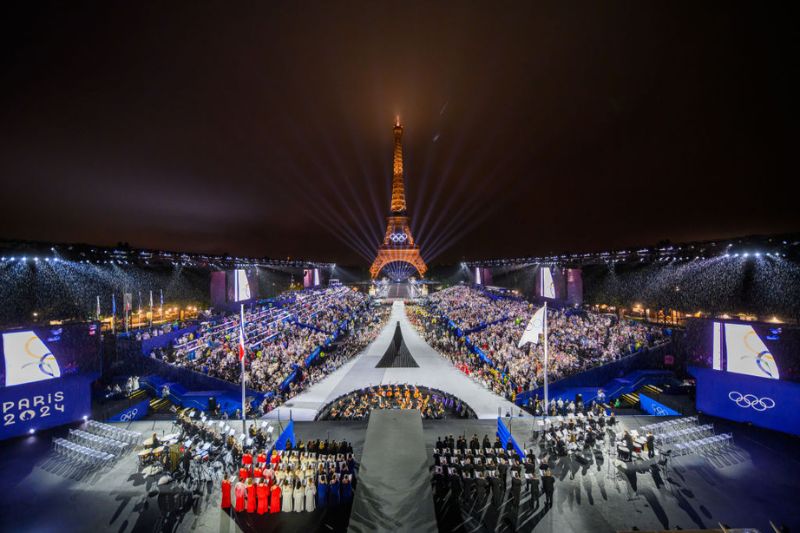
INTERNATIONAL
- Binoy Kampmark
- 05 August 2024
The pain cities endure while hosting large sporting events like the Olympics has proved considerable. They exert a remarkable strain on budgets, disrupt commerce, compromise valuable real estate, inflict environmental harm, and often result in evictions and displacements of vulnerable residents.
READ MORE
-

INTERNATIONAL
- Michael McVeigh
- 05 August 2024
1 Comment
Imagine a universe where the arts, rather than sport, gets all the money and attention from the masses. But we'd be mistaken if we it tried to set up art and sport as opposite rather than complementary pursuits.
READ MORE 
-

INTERNATIONAL
- James Massola
- 31 July 2024
3 Comments
The November election is shaping up to be a pivotal moment for Australia. With either Kamala Harris or Donald Trump at the helm of the United States, Australia could be affected in unexpected ways, from how we deal with China to trade policies and our relationships in the Asia-Pacific region.
READ MORE
-

INTERNATIONAL
- Peter Craven
- 25 July 2024
It’s easy, isn’t it – much too easy – to invoke the standard response that only in the so-called Land of the Free could these things transpire. A vulgar, mendacious man who has refused to believe that he lost the last election is now the improbable victim of an assassination attempt. And the incumbent president, who has not done badly at his impossible job, surrenders his chance at re-election.
READ MORE 
-

INTERNATIONAL
- Warwick McFadyen
- 24 July 2024
2 Comments
Following the assassination attempt, Donald Trump evidently sees his survival as a sign from God, in whom he very likely does not believe, that he is certain to achieve victory this November. It seems Trump’s religious road veers towards whichever destination offers him the greatest prize.
READ MORE